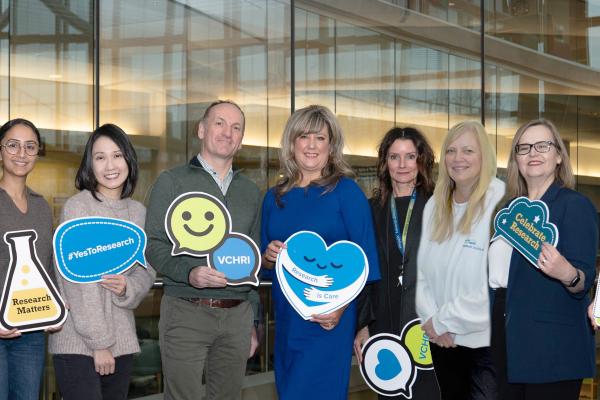
Dr. Raymond Lam answers questions about winter blues and suggests ways to combat them.
Q: At this time of year I always feel low. Is that normal?
A: Humans are seasonal. It’s not unusual for people to feel a little down in the winter and more upbeat in the summer. About 15 per cent of Canadians get what we call the ‘winter blahs’ or ‘winter blues’. While people experience noticeable changes in their mood, they’re still able to function and perform everyday tasks. A more serious concern is a type of seasonal clinical depression called Seasonal Affective Disorder or SAD. People with SAD have very low moods during the winter, but also have physical symptoms, such as overeating, oversleeping, low energy and trouble getting up in the morning to the point where it interferes with their daily life. About one per cent of Canadians get SAD.
Q: When should I seek help?
A: Many of the mood changes we experience with the winter blues are transient—when something good happens or you’re doing something you enjoy, your mood lifts. But if your low mood persists, if it lasts more than two to three weeks and really interferes with your daily life, it’s time to get it checked out. I recommend seeing your family physician first—there may be other medical causes, such as blood pressure or thyroid problems, that are causing your symptoms.
Q: What can I resolve to do this year to improve my mood?
A: A treatment that works for both winter blues and SAD is light therapy. You can purchase a fluorescent light box specifically designed for this purpose. I recommend using the light box first thing in the morning during the fall and winter. It’s important to follow the instructions and sit at the right distance from the light, with your eyes open. Often, when people say light therapy didn’t work for them it is because they were not sitting close enough to the light to benefit from the therapy.
The other important thing is get outside as much as you can. Resolve to take a walk at lunchtime. Even half an hour of grey cloudy light is better than a full day of indoor light, and exercise can help with all types of depression.
For more serious depression, there are other treatments, including cognitive therapy and antidepressant medications.
Q: What about getting some sun back in my life, by taking a winter holiday down south or by visiting a tanning studio?
A: Don’t go to a tanning studio! The ultraviolet rays in a tanning studio can be harmful. The light therapy boxes filter out those harmful rays. Plus light therapy works through your eyes, which are covered in a tanning bed, because the ultraviolet rays can be harmful to the eyes.
As for a getaway, a sunny vacation is lovely, but the escape from winter blues or SAD is only temporary. As soon as people return home, their symptoms return too. And sadly, the Medical Services Plan won’t cover a trip to Hawaii!

For more information on SAD and light therapy—including how to choose a light box—visit the UBC SAD website.


